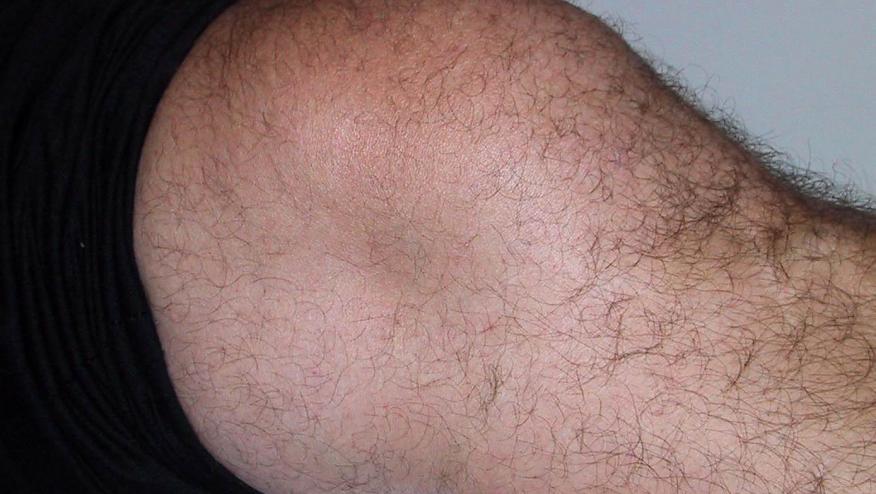Flares Portend Damage in Rheumatoid Arthritis - Time for a New Strategy? Save

Disease flares are common in rheumatoid arthritis (RA), often causing patients to seek additional care, if not medication.
The frequency of flares varies amongst studies in different populations. But the consequence of flares has only recently been studied.
Italian researchers analyzed 123 RA patients who were initiating therapy with a TNF inhibitor (etanercept or adalimumab) and followed these patients serially over 24 months to assess the frequency of flare and the radiographic impact over time.
The median number of flares was 1.00/year (interquartile range: 0.50; 1.38). Self reported short flares occurred at a rate of 0.50/year (0.14; 1.00). Eighteen patients (12.1 %) had progression of radiographic damage.
Overall flares and short flares were predictive of X-ray progression (OR 3.27, and OR 3.63).
In the BeST trial flare of 500 early RA patients, the prevalence of flare was 4-11 % per visit; 67 % of the patients experienced ≥1 flare during 9 years of treatment. Flares resulted in decreased functional ability and an increase in disease activity. (Citation source http://buff.ly/2bQqpuz)
Those with flares were 70% more likely to have radiographic progression with a dose-response-effect, both during the flare and long term. These authors believed that intensifying treatment during a flare outweighs the risk of possible overtreatment.
Flares are either the result of treatment reductions, noncompliance, inadequate disease control or may be induced by external factors. Regardless of the cause, flares are most often managed with analgesics and steroids.
Given the strong links between flares and radiographic damage, reliance on analgesics or steroids is likely to be short-sighted. Strategies for flare management beyond steroids and analgesics are needed to avoid unwarranted disease progression.










If you are a health practitioner, you may Login/Register to comment.
Due to the nature of these comment forums, only health practitioners are allowed to comment at this time.